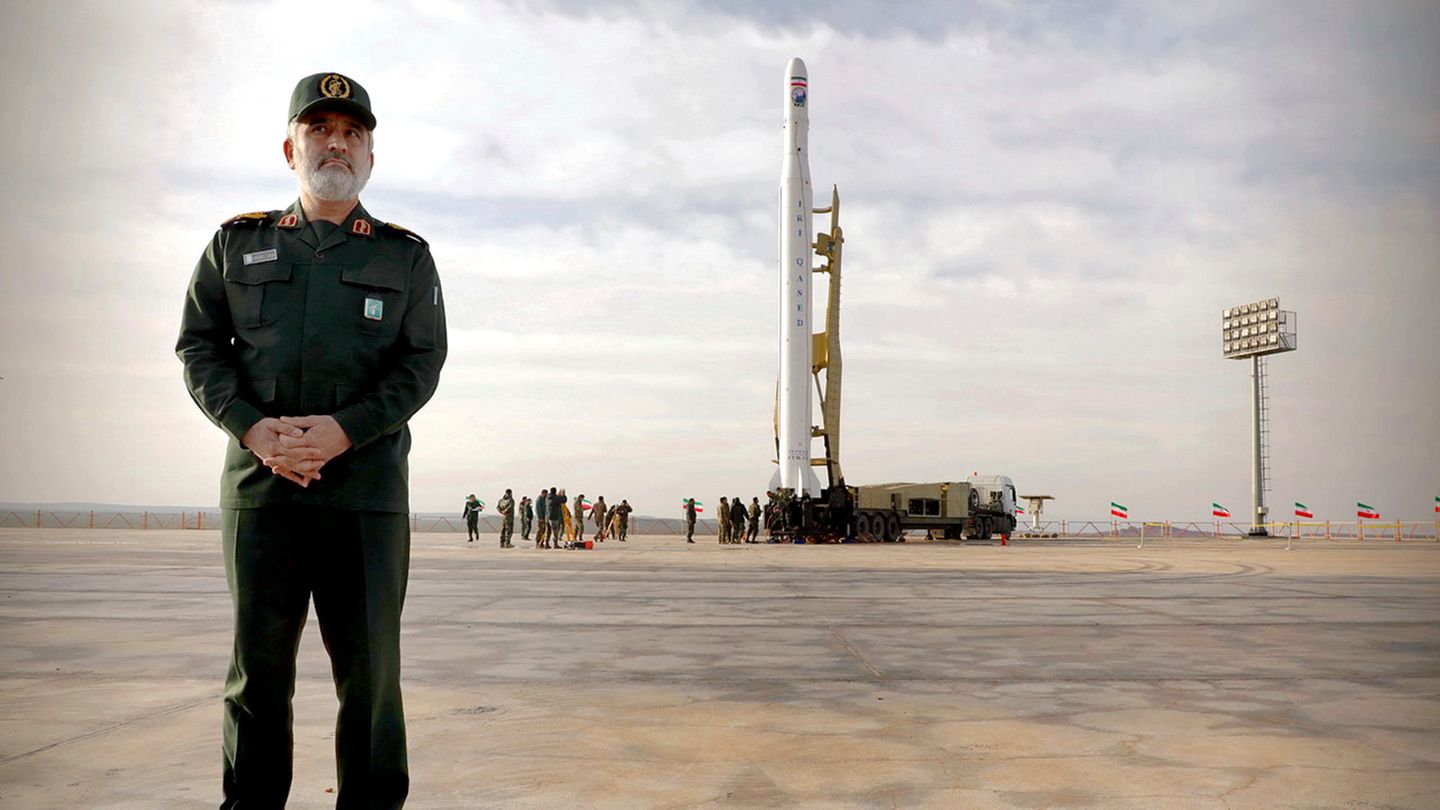Israel’s security is actually part of Germany’s state policy. But a Bundeswehr deployment in the Middle East? Not everyone can imagine that.
While international diplomats are trying to de-escalate the situation in the Middle East, the situation in the region is becoming increasingly tense. Iran and Lebanon are threatening Israel with retaliation. It remains to be seen whether the two countries will carry out their threat. Media reports that Russia is currently providing Iran with modern radar systems and air defense equipment are likely to further fuel international concerns about an escalation.
Iran had previously requested modern air defense systems from Russia in preparation for a possible war with Israel, reported the New York Times, citing two Iranian officials who are said to be familiar with the war planning. They confirmed corresponding reports in Iranian media. The delivery has begun, it was said after talks between the Secretary of the Russian National Security Council, Sergei Shoigu, and high-ranking Iranian representatives in the Iranian capital Tehran.
Moscow tries to defuse situation
Kremlin chief Vladimir Putin had sent his confidant to Iran for talks amid growing fears of a conflagration in the Middle East. The former Russian defense minister’s program included meetings with the Secretary of Iran’s Supreme National Security Council, Ali Akbar Ahmadian, and the Chief of General Staff of the Iranian Armed Forces, Mohammed Bagheri. Shoigu was also received by the new Iranian President Massoud Peseschkian.
Moscow maintains close ties with Tehran and Hamas, but also has ties with Israel, although it condemned the killing of the Islamist Hamas’ foreign chief, Ismail Haniya. In view of the threatened retaliatory strikes against the Jewish state, the Russian government called on all sides to exercise restraint.
Germany uncertain about Israel’s defense
In the midst of this tense situation, the question of German state policy arises. Whether the German army should assist Israel in an emergency is still a matter of debate among German politicians. The chairman of the Bundestag’s Defense Committee, Marcus Faber, is at least skeptical about the deployment. Germany should help Israel, for example by quickly approving arms exports, the FDP politician told the Redaktionsnetzwerk Deutschland (RND). But he added: “The German army in Israel was not asked and could not help much.”
CDU foreign policy expert Roderich Kiesewetter had previously argued that the German government should offer Israel military support to defend itself against the threat of an Iranian attack. His party colleague Johann Wadephul sees things differently. “As far as we know, scenarios such as military support are not on the agenda. A mandate from the Bundestag would be needed for that anyway,” the Union parliamentary group vice-chair told the RND.
German state reason is a “clear promise”
SPD defense expert Andreas Schwarz told the RND: “So far, there have been no inquiries from Israel. However, I assume that the federal government is prepared for this and is in contact with Israel and its western allies on this issue.” Schwarz pointed out that protecting Israel is a German matter of state. “This is a clear promise with a very high level of responsibility. In an emergency, these big words must be followed by corresponding actions.”
The President of the Central Council of Jews in Germany, Josef Schuster, was more explicit. Germany’s historical responsibility for Israel’s security is not legally binding, Schuster said in an interview with RND. Nevertheless, he stressed: “But from my point of view, this naturally means that in the event of an attack on the scale that is currently threatening, Germany will also stand militarily on the side of the Jewish state.”
Evacuation of German citizens
Meanwhile, the German army is ready for a major operation to evacuate German citizens. A400M transport aircraft and soldiers are being kept ready at the air base in Wunstorf, Lower Saxony, and can take off at short notice, as the German Press Agency was told. The navy is also making preparations. The operation could primarily involve the evacuation of Germans who have remained in Lebanon despite repeated calls to leave.
Source: Stern
I have been working in the news industry for over 6 years, first as a reporter and now as an editor. I have covered politics extensively, and my work has appeared in major newspapers and online news outlets around the world. In addition to my writing, I also contribute regularly to 24 Hours World.




